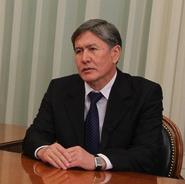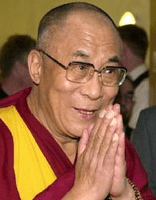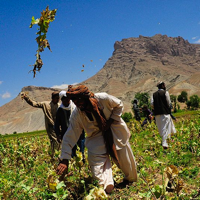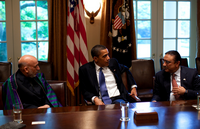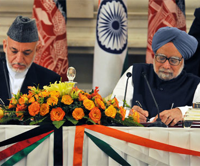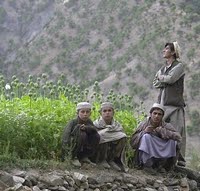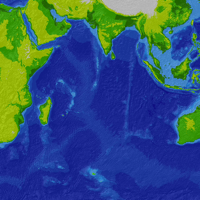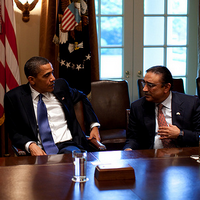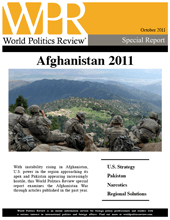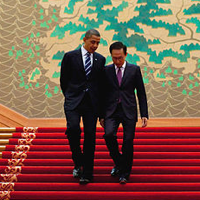
In my WPR column two weeks ago, I argued that a key challenge facing U.S. policymakers in the coming decade was in defining how the U.S. “should prioritize its interests, commitments and partnerships.” A number of recent articles and reports suggest that a broad consensus is indeed emerging, and that when it comes to U.S. foreign policy priorities, all roads lead to Asia. In his own WPR column this week, Thomas P.M. Barnett notes that “regional integration in East Asia depends on an American security presence,” a conclusion that many of the participants at a recent trilateral Korea-Japan-U.S. security dialogue […]

